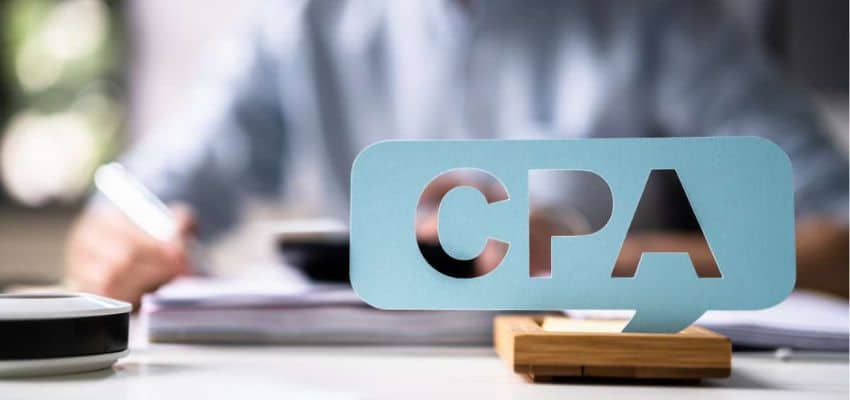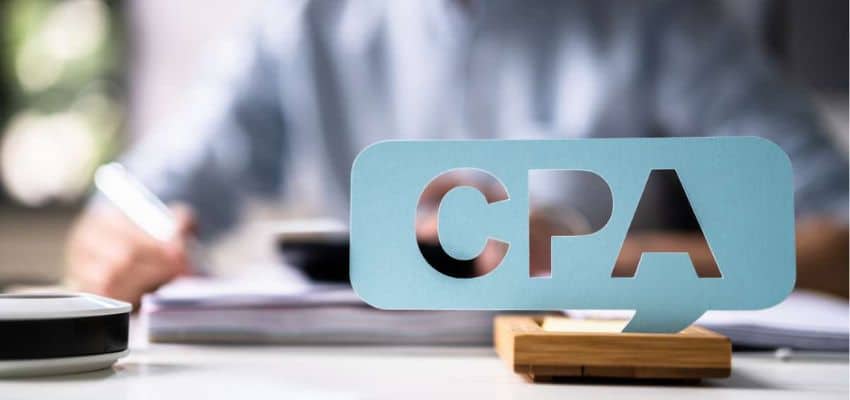Simplifying Auditing Support for CPAs


The Importance of Technology in Auditing Support
Technology has transformed the way audits are conducted. It has become an indispensable part of auditing support for CPAs. From data analytics to automated processes, technological innovations have streamlined numerous tasks that were once labor-intensive.
Automation in Auditing
The benefits of automation extend beyond mere efficiency; they also enhance accuracy. By minimizing manual intervention, automated systems help reduce errors related to data transcription or calculations. Additionally, with real-time access to financial data, CPAs can conduct audits more dynamically, allowing for immediate adjustments to their strategies based on the findings.
However, it’s essential to recognize that automation does not replace the need for professional judgment. While systems can flag anomalies or discrepancies, it takes a trained CPA to interpret the findings correctly and take appropriate actions. Therefore, while adopting automated solutions, CPAs should continue honing their analytical skills to complement the technology.
Data Analytics Revolution
Another significant aspect of technological advancement in auditing support for CPAs is the emergence of data analytics. With vast amounts of data now available, CPAs must leverage analytical tools to derive insights from financial information effectively.
Data analytics allows CPAs to identify patterns and trends that might otherwise go unnoticed. For instance, applying predictive analytics can help auditors forecast potential risks before they materialize. By examining historical data alongside current financial statements, CPAs can create more accurate risk assessments and tailor their audit approaches accordingly.
Cybersecurity Considerations
Implementing robust security protocols, such as firewalls and encryption, can help protect electronic records from unauthorized access. Regular training and awareness programs for employees regarding potential cyber threats are also vital in safeguarding financial data integrity.
Furthermore, CPAs should be equipped to advise their clients on cybersecurity best practices, as businesses face rising scrutiny over data protection. By addressing these concerns proactively, CPAs can enhance their value proposition and reinforce client trust.

Best Practices for Effective Auditing Support
Establishing best practices is essential for delivering high-quality auditing support for CPAs. These practices ensure consistency, quality, and reliability in audit performance, ultimately benefiting both the CPAs and their clients.
Developing Comprehensive Audit Plans
Effective audit planning begins with a thorough risk assessment. By identifying potential risk areas early on, CPAs can allocate resources efficiently and tailor their audit procedures to address specific concerns. This proactive approach not only enhances the quality of the audit but also instills confidence in stakeholders.
Additionally, involving team members in the planning phase fosters collaboration and ownership of the audit process. Each team member can bring unique insights based on their expertise, leading to a more robust and comprehensive audit plan.
Implementing Quality Control Measures
CPAs should establish internal quality review mechanisms throughout the audit process. This may include conducting peer reviews at various stages, allowing for constructive feedback and suggestions for improvement.
Moreover, documenting the entire audit process adds a layer of accountability. A detailed audit trail helps ensure compliance with auditing standards and provides a reference point for future audits.
Fostering Open Communication
Effective communication is often overlooked yet is crucial in auditing support for CPAs. Establishing open lines of communication among team members, clients, and other stakeholders facilitates transparency and trust throughout the audit process.
During the audit, CPAs should engage clients in discussions about their financial practices and any areas of concern. By fostering collaborative dialogue, CPAs can gain deeper insights into the client’s operations and identify potential risks early on.
Additionally, sharing audit findings in a clear and accessible manner is essential. Clients should understand the implications of the results, the steps required for remediation, and how these changes will affect their overall financial health.
Open communication extends beyond the audit phase. Following the completion of an audit, CPAs should provide clients with a debriefing session. This allows for feedback exchange, reinforces learning, and helps strengthen client relationships.
Continuous Education and Skills Development
Staying Updated with Industry Changes
Regulatory changes occur frequently in the accounting and auditing profession. As new standards emerge, CPAs must stay informed and adapt their practices accordingly.
Participating in professional organizations and attending industry conferences can be invaluable sources of knowledge. Engaging with peers and experts allows CPAs to share experiences and insights regarding recent updates and best practices.
Utilizing online learning platforms can also facilitate ongoing education. Webinars, online courses, and virtual workshops offer flexible options for CPAs to expand their knowledge and skill sets.
Embracing New Technologies
CPAs should actively seek out training opportunities to familiarize themselves with emerging technologies such as artificial intelligence and machine learning. These tools can augment traditional auditing methodologies by providing deeper insights and enhancing decision-making capabilities.
Moreover, integrating new technologies into daily practices can foster a culture of innovation within audit teams. Encouraging team members to explore and experiment with different tools can lead to improved efficiencies and better audit outcomes.
Investing in Soft Skills Development
While technical skills are crucial in auditing, soft skills are equally important. Effective communication, interpersonal skills, and emotional intelligence play a vital role in establishing strong relationships with clients and team members.
CPAs should prioritize developing these skills through workshops, coaching sessions, and leadership training. By enhancing their ability to communicate complex financial information clearly, CPAs can improve client understanding and engagement during the audit process.
Furthermore, nurturing emotional intelligence can guide CPAs in navigating challenging conversations. Understanding clients’ perspectives, empathizing with their concerns, and building rapport can significantly influence the overall audit experience.
Strengthening Client Relationships Through Auditing Support
Providing exceptional auditing support for CPAs goes beyond technical prowess; it also involves cultivating strong client relationships. Building trust with clients can lead to increased collaboration and long-term partnerships.
Conducting Regular Check-ins
Establishing a routine for regular check-ins can help maintain open communication and keep clients engaged. These sessions can serve as opportunities to discuss ongoing projects, address concerns, and provide updates on audit progress.
During check-ins, CPAs should encourage feedback from clients. Understanding their expectations and preferences can help tailor the auditing process to better suit their needs. Showcasing responsiveness to client input builds trust and demonstrates commitment to their success.
Providing Value Beyond Compliance
Clients appreciate when CPAs offer insights that go beyond mere compliance. By taking a consultative approach, CPAs can provide recommendations for improving financial processes, mitigating risks, and enhancing overall business performance.
For instance, after completing an audit, CPAs can present clients with actionable insights derived from their findings. Highlighting areas for operational improvement or potential cost savings can position CPAs as trusted advisors rather than mere service providers.
Moreover, being proactive in suggesting ways to optimize financial management practices can lead to greater client satisfaction. When clients perceive CPAs as partners invested in their success, it strengthens their relationship and loyalty.
Creating Educational Opportunities
Hosting educational seminars or workshops for clients can further solidify relationships. Offering sessions on topics such as regulatory changes, risk management, or best practices in financial reporting showcases CPAs’ expertise and commitment to their clients’ growth.
These educational initiatives not only demonstrate thought leadership but also empower clients with knowledge that can aid in their decision-making processes. When clients feel supported and informed, they are more likely to view their CPAs as integral partners in their business journey.
Conclusion
In conclusion, simplifying auditing support for CPAs requires a multifaceted approach that encompasses technology, best practices, continuous education, and strong client relationships. As the financial landscape evolves, CPAs must adapt and innovate to meet the growing demands of their clients and the industry.
